Facilities and Resources
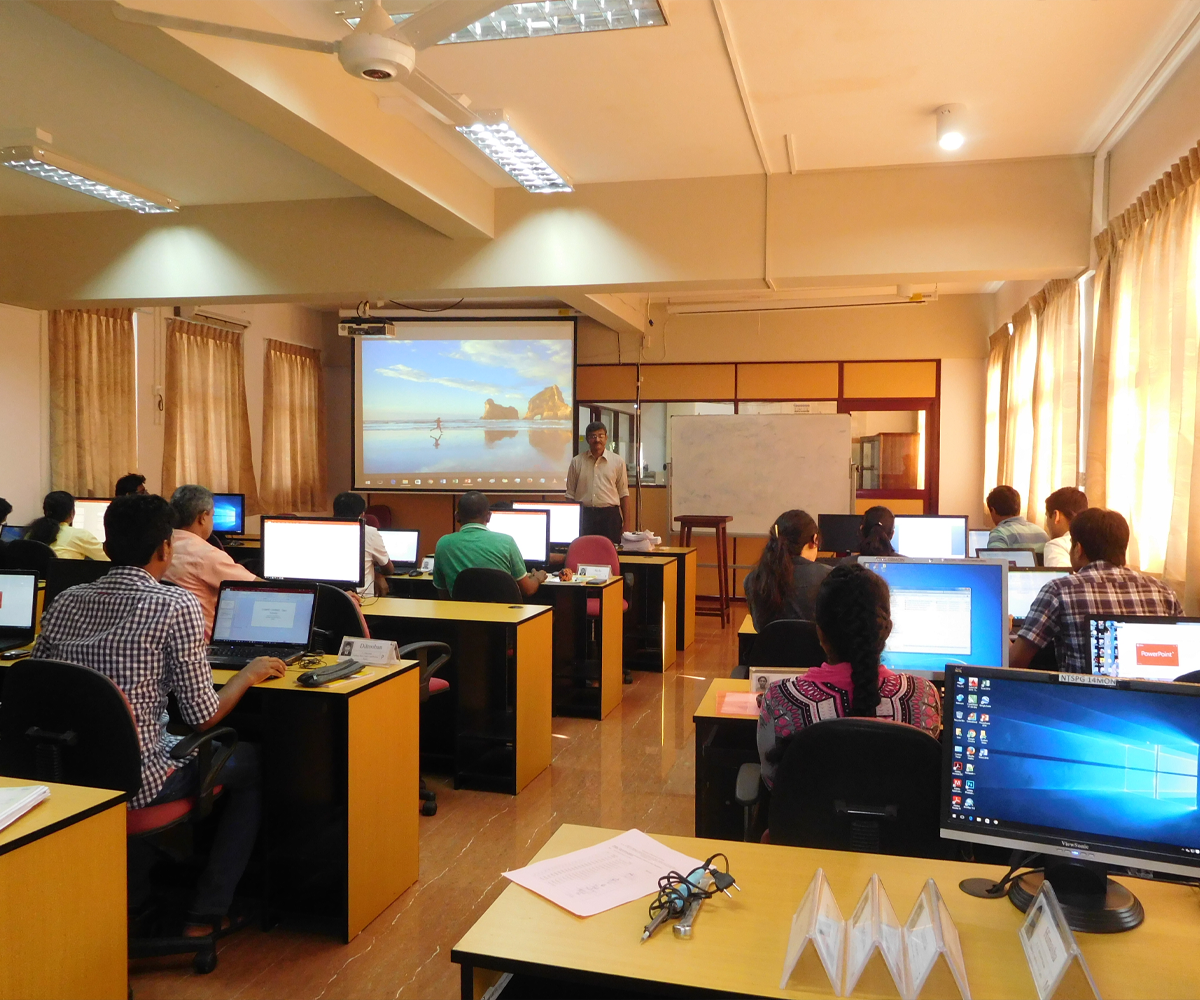
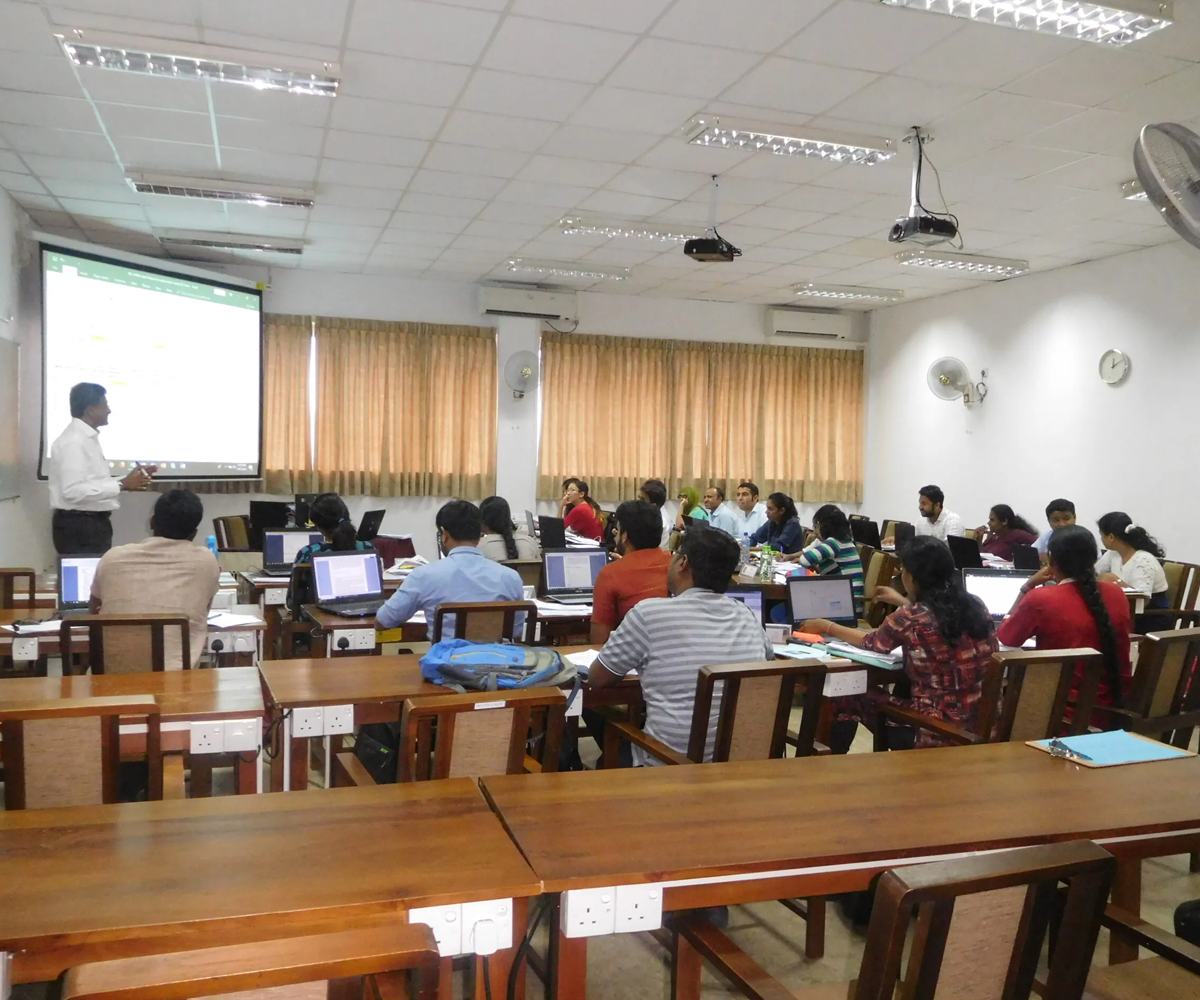
The UNESCO Madanjeet Singh Centre for South Asia Water Management (UMCSAWM) fosters an environment conducive to cutting-edge research, education, and hands-on learning within the field of water resources management. At UMCSAWM, we continuously push the boundaries of research, exploring Hydrologic and Hydraulic Modeling, System Dynamics-based Management and Operational approaches, and incorporating cutting-edge modern design principles.
Our advanced measurement and prediction systems, powered by high-end computing infrastructure, empower us to analyze a diverse range of issues, from the intricacies of local flooding to the complex scenarios of global climate change. Whether you are a full-time or part-time student, or an industry professional participating in our short-term courses and workshops, you will gain access to our expansive systems. These systems simulate both natural and man-made environments, providing an immersive experience that fosters a profound understanding of challenges and solutions for sustainable, integrated water resources management.
Additionally, our students derive immense value from hands-on experience with the latest analysis and design software packages. From the precision of WaterCAD and CulvertMaster to the versatility of MIKE 11/21, HEC-RAS, SWMM 5, ExtendSim for Modelling, Civil 3D, ArcGIS, and more, our curriculum ensures exposure to a comprehensive suite of tools.
Join us at UMCSAWM, where innovation converges with education, and where you not only learn but actively contribute to the evolving landscape of water management solutions.
Facilities Available at UMCSAWM
Our state-of-the-art, four-story building, generously funded by the South Asia Foundation and UNESCO Goodwill Ambassador Late Shri Madanjeet Singh, is situated adjacent to the Civil Engineering Complex. It provides various dedicated spaces for both staff and students, including lecture theaters, computer labs, research areas, and self-study spaces, creating an ideal setting for collaborative learning and innovation.
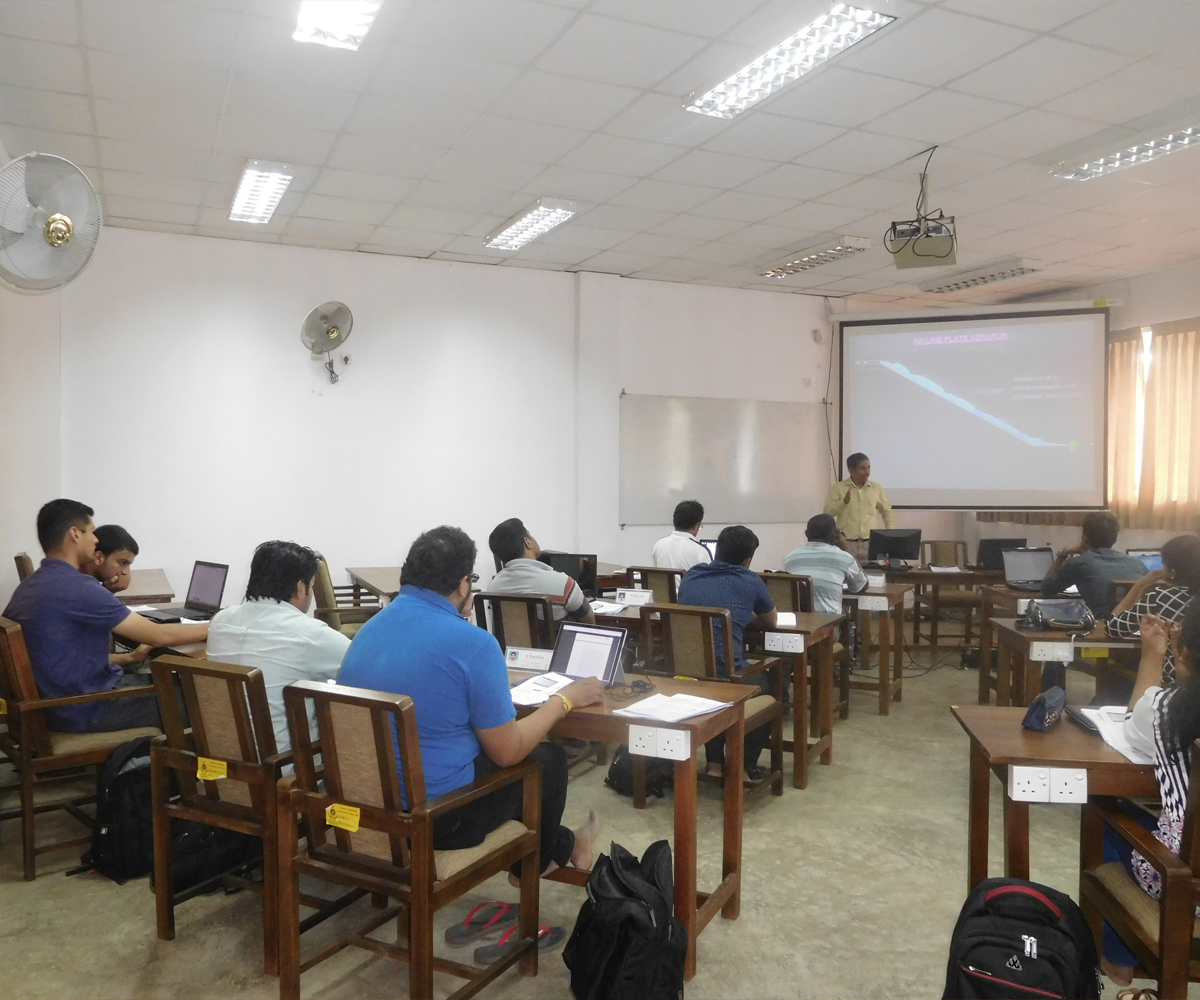
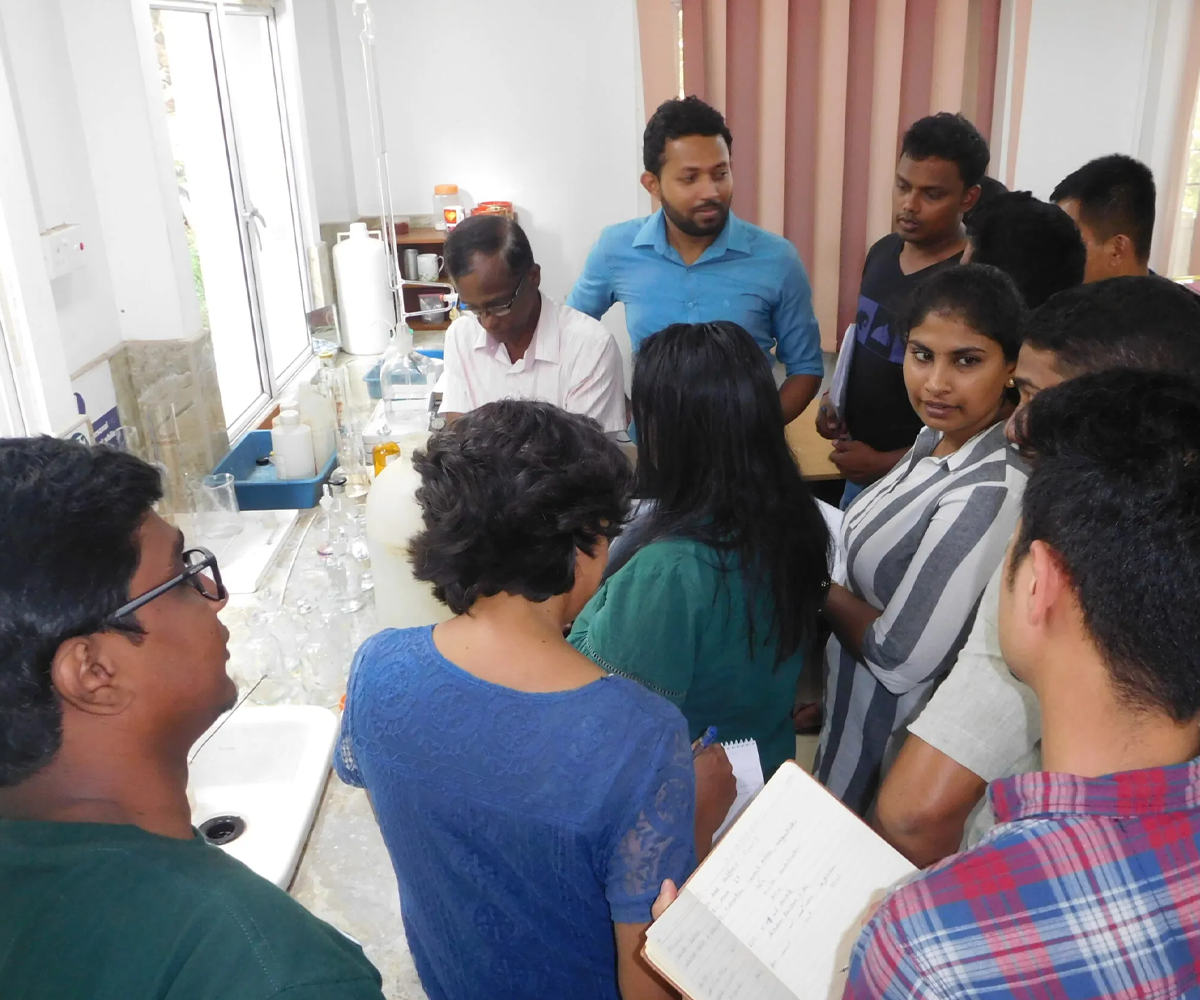
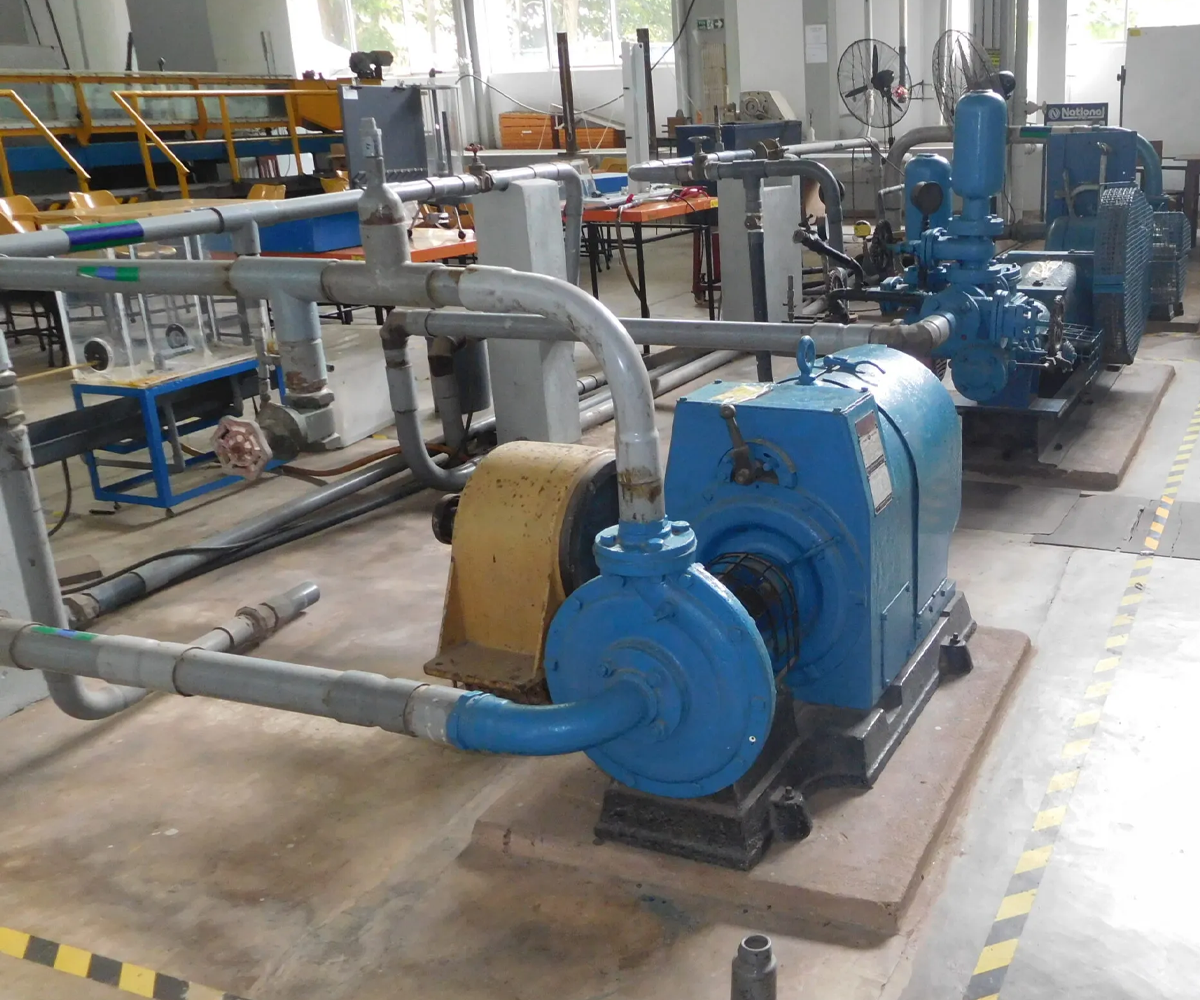
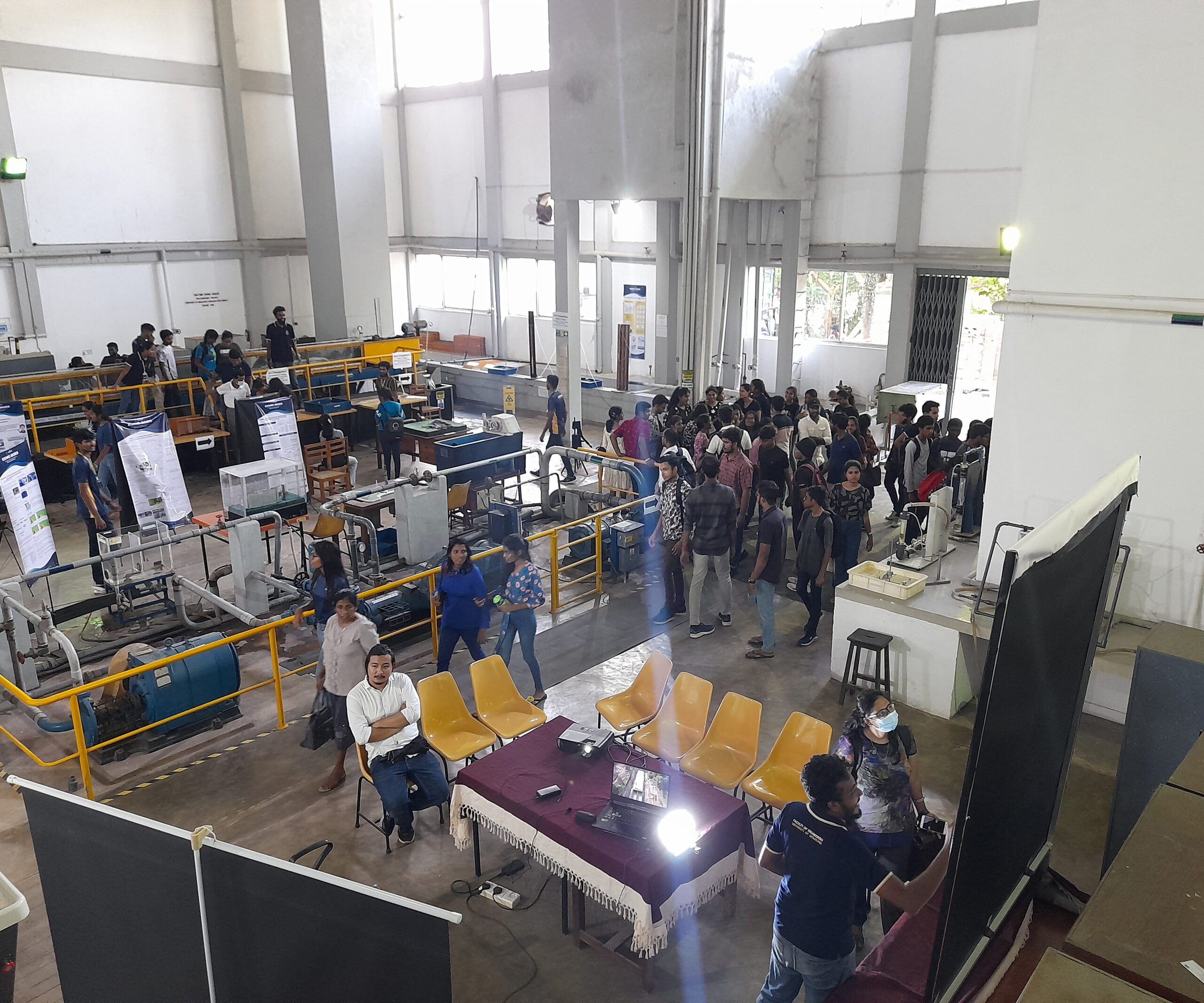
Facilities Available at the Hydraulic Engineering Laboratory
At UMCSAWM, we boast an exceptional Hydraulic Engineering Laboratory, featuring an Open Channel flow Tilting Flume, Circular Orifice Apparatus, Pelton Wheel Turbine, Centrifugal Water Pump, Pump/Turbine Apparatus, Flow Measuring Apparatus, Pipe Friction Apparatus, Hydrostatic Pressure Apparatus, Pontoon Apparatus, Forced Vortex Apparatus, Infiltrometer, Hydraulic Ram Pumps, Groundwater Flow Analysis equipment, Fluid Properties, and Hydrostatic Bench, and other top-of-the-line apparatus for demonstrative studies.
Moreover, the laboratory has specialized equipment available for research on hydraulic transients in conduit flow, surge tanks, precipitation, overland flow, flow through porous media, a scaled irrigation model, and much more. Additionally, instrumentation is readily available for field studies, such as velocity measurements in streams, ultrasound flow measurements for conduits, dye concentration measurements, and pumping tests. Come explore our impressive Hydraulic Engineering Laboratory and find out what hands-on learning is all about!
Outdoor Irrigation Research Facility
Step into our expansive experimental areas designed for practical applications in Irrigation. The outdoor facility provides a unique opportunity for students to witness real-world scenarios and engage in hands-on research experiences, including the use of a scaled irrigation model.
This state-of-the-art hub is designed to serve as a center for action-oriented research projects that combine cutting-edge technology, scientific principles, and traditional practices. By integrating the latest advancements with time-tested methods, we aim to develop innovative solutions for sustainable water management.
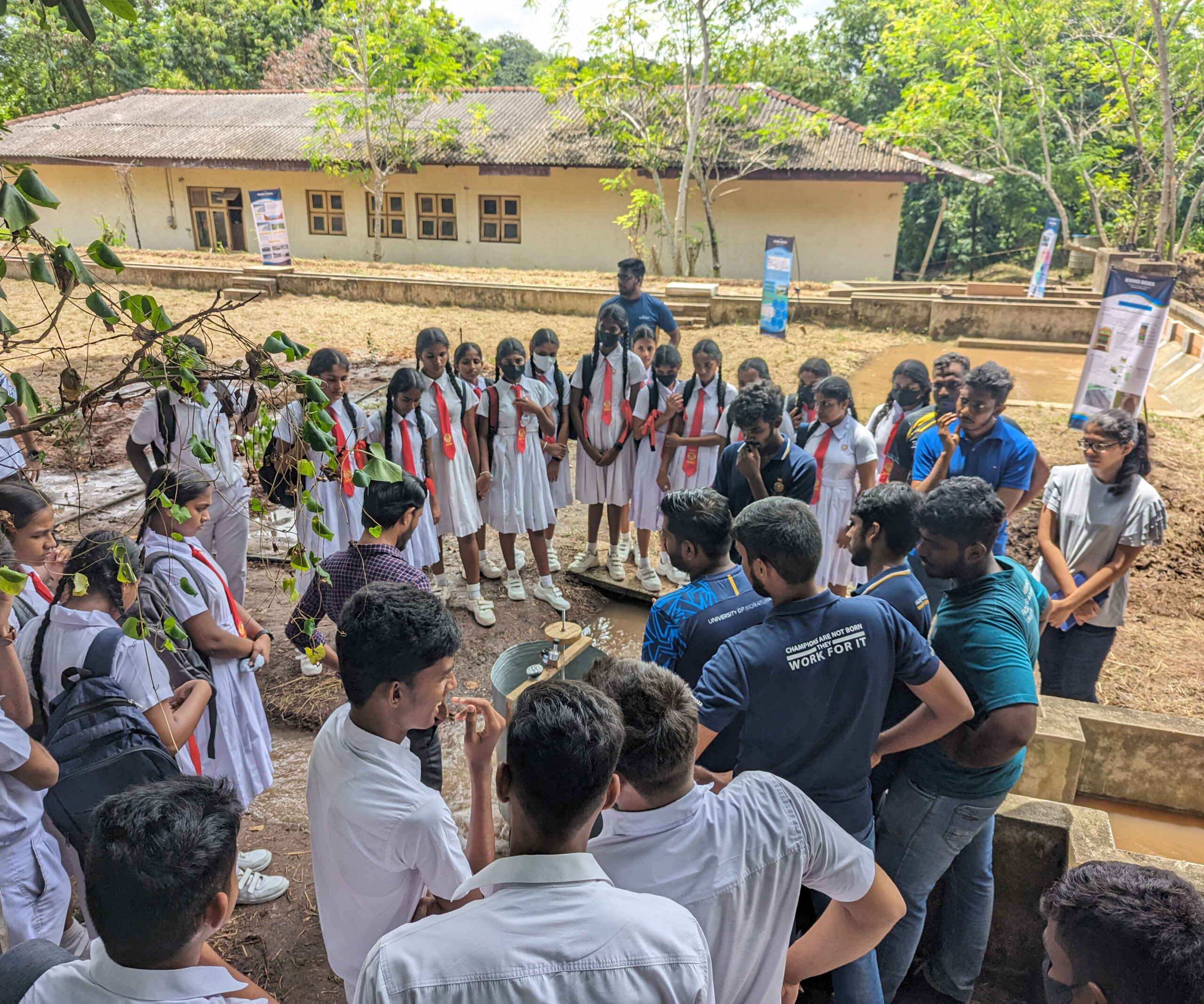
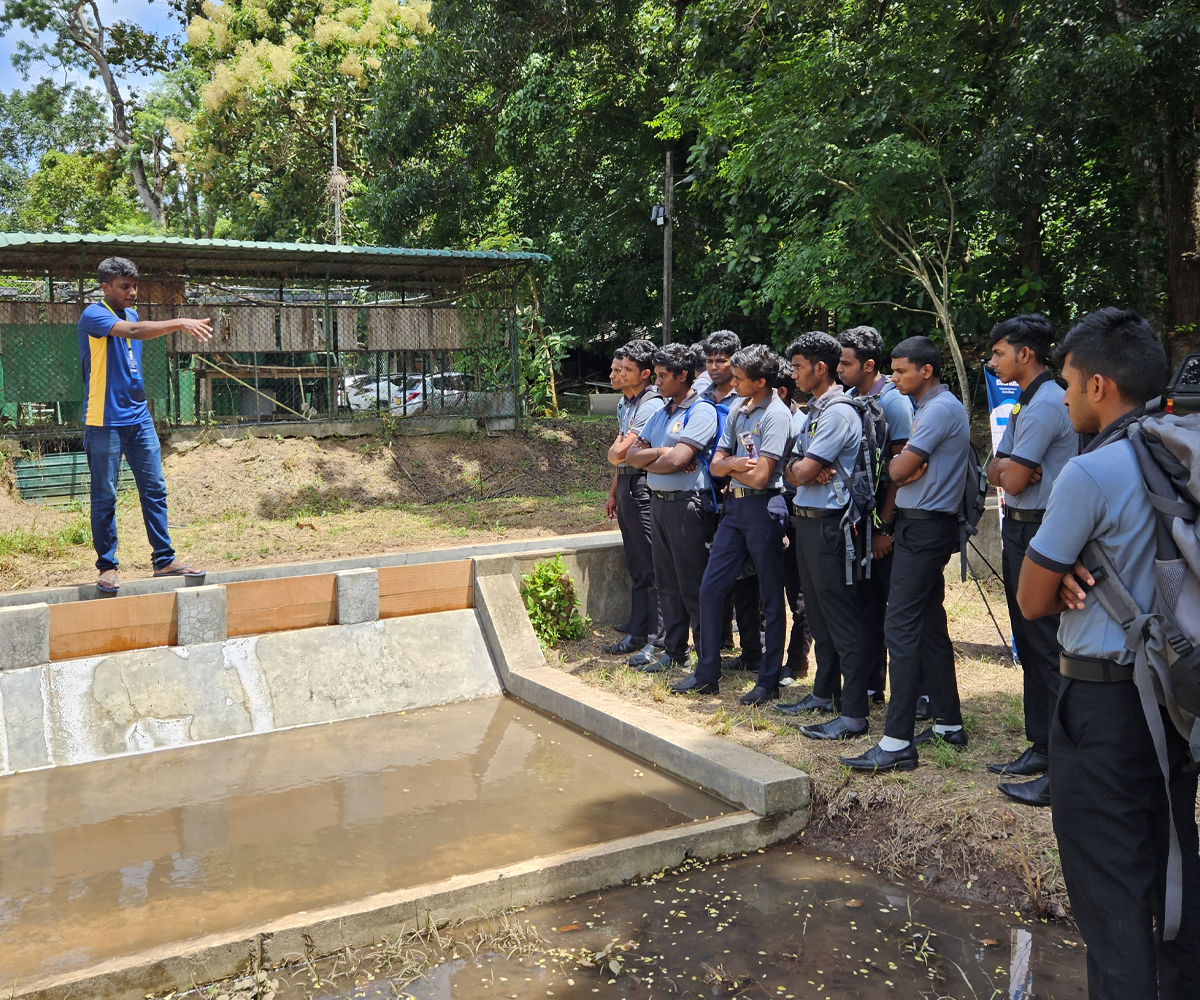





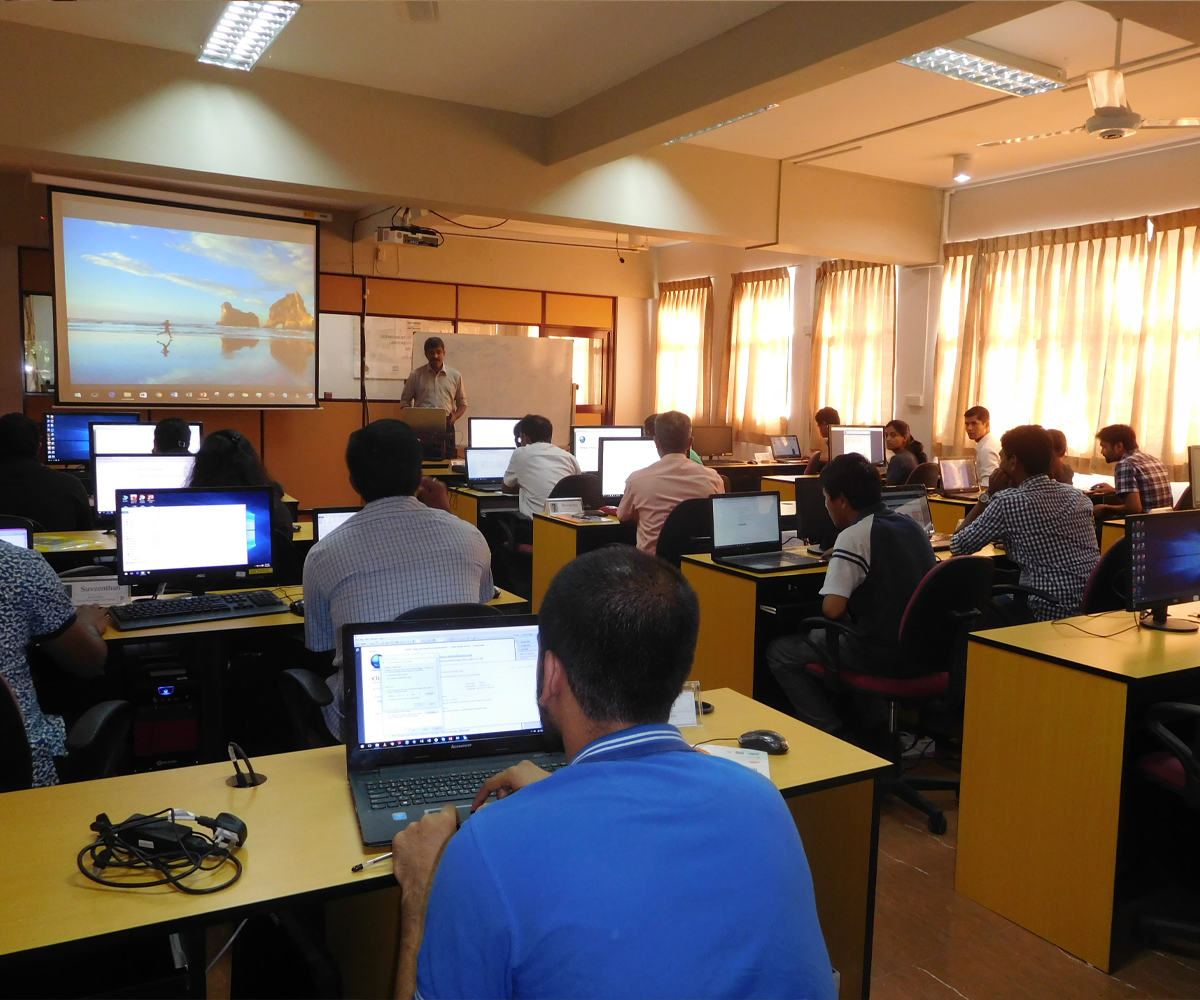

Automated Weather Station
UMCSAWM’s Automated Weather Station, complemented by satellite transmission networks, measures prevailing climatic conditions. This real-time data is invaluable for research on weather impacts on water resources and the analysis of climate change scenarios.
Copyright © 2026 UNESCO Madanjeet Singh Centre for South Asia Water Management
WordPress Theme by WPZOOM
